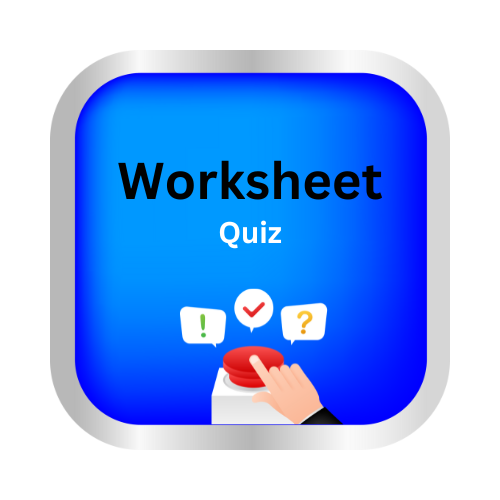Use relative pronouns: who, whom, whose, which, and that
Key Notes:
🌟 Relative Pronouns: Who, Whom, Whose, Which, and That 🌟
✅ What are Relative Pronouns?
Relative pronouns are words that connect a clause (extra information) to a noun in a sentence. They help tell us more about a person, animal, or thing.
| Who 👩🦰👨🦱 |
Use for people
Acts as the subject of the relative clause
Example:
- The teacher who teaches English is very kind.
- (The clause “who teaches English” gives more information about “the teacher”)
| Whom 🧑🎓💼 |
Use for people
Acts as the object of the relative clause
Often comes after a preposition like with, to, for
Example:
- The boy whom I helped won the race.
- (The clause “whom I helped” tells more about “the boy”)
| Whose 👪💍 |
Shows possession (belongs to someone/something)
Can be used for people, animals, or things
Example:
- The girl whose bag was lost cried.
- The house whose roof is red is mine.
| Which 🐱🏠 |
Use for animals or things
Can give essential or extra information
Example:
- I like the book which is on the table.
- The cat which is black is very friendly.
| That 🐶📚 |
Use for people, animals, or things
Often replaces who or which in informal writing
Gives essential information
Example:
- The boy that won the race is my friend.
- The dog that barks loudly is scary.
| ⚡ Quick Tips |
- Who → subject, people
- Whom → object, people
- Whose → possession
- Which → animals/things
- That → people/animals/things, essential info
| 🎨 Fun Memory Trick |
- Who → 👩🦰 People doing something
- Whom → 🧑🎓 People receiving something
- Whose → 👜 Shows ownership
- Which → 🐱/📖 Anything but people
- That → 🐶/👦 All-in-one for essential info
Let’s practice!🖊️

